- Junta uses newly-recruited conscripts as ‘human waves’ on frontlines
- Traffic rules tightened in Arakan Army controlled areas
- DMG Editorial: Bombing the Defenceless, When War Crosses Every Red Line in Arakan
- Vox Pop: The future of youth in Arakan Army controlled areas
- Arakan Army bans illegal two-digit and three-digit lottery gambling in Arakan State
India-Arakan trade route offers opportunities for locals in Paletwa Twsp
Locals say the trade route between Mizoram, India, and Arakan State has provided local people in Paletwa Township with job opportunities and a comfortable livelihood.
10 Sep 2025
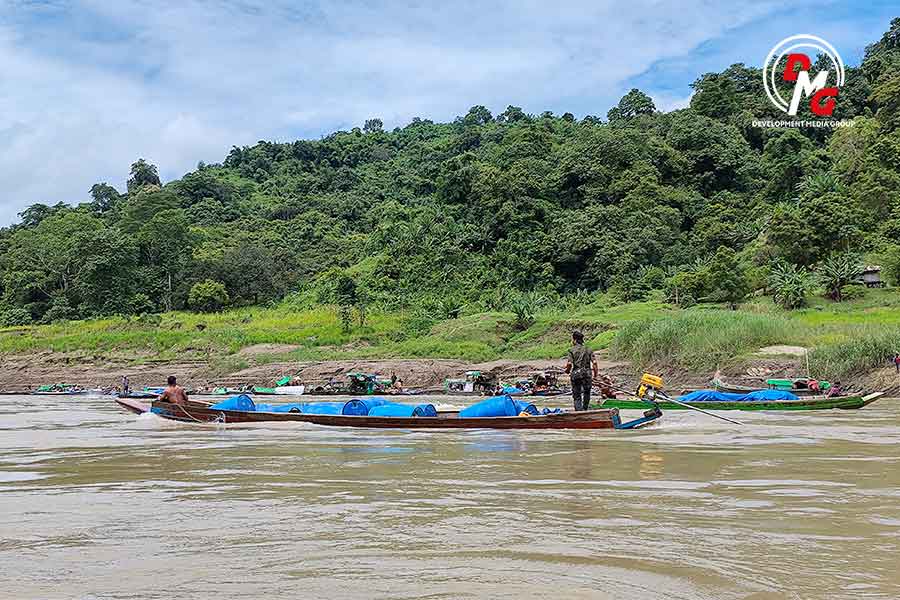
DMG Newsroom
10 September 2025, Paletwa
Locals say the trade route between Mizoram, India, and Arakan State has provided local people in Paletwa Township with job opportunities and a comfortable livelihood.
Local people in Paletwa Township say that they earn a good daily income and are more economically prosperous than before as they trade goods along the trade route, drive boats that transport goods, and unload cargo.
"The India-Arakan State trade route is very convenient for the locals. The locals used to struggle to make a living by shifting cultivation, but now there are many opportunities for transportation and employment, so it is economically more convenient than before," said an ethnic Khumi man in Paletwa Township.
Most Paletwa residents work in the freight transport industry, mainly trading goods, driving boats, and loading and unloading goods.
In the freight transportation business, a boat is rented for K800,000 to K1.4 million per day, and a motorboat costs K1.4 million to K1.8 million per trip between Paletwa and Kyauktaw.
"Now, we have to drive boats to load and unload goods and transport goods. If I drive a boat for rent, I can earn up to K150,000 per day. The locals know the Kaladan River route very well, so it is not convenient for people from other regions to drive on this waterway. So I can say that our livelihood is comfortable," said a Khumi boat operator.
Boat navigation along the India-Arakan State trade route is mainly done by locals in Paletwa who know the waterways in the area.
Trade between India and Arakan State has been ongoing since mid-2024, with the main imports from India being food items, medicine, and fuel.
"I used to do shifting cultivation, so my business was difficult. Now that the border trade route has opened, work is everywhere. Do I rent a boat, drive a boat myself, or do cargo loading? I can even save money and jewelry," said another Paletwa resident.
According to local residents, the Arakan Army has collaborated with the Maraland Territorial Council/Mara Defence Force (MTC-MDF) (MTC/MDF) to administer the territory proportionally in the administrative sectors of Paletwa Township.
Another Khumi man in Paletwa Township who spoke to DMG said that the Arakan Army does not have a single organisation that controls the ground, but rather works in collaboration with local tribal leaders.
"The Arakan Army does not have a monopoly on governance," he said "The Arakan Army governs the areas inhabited by the Arakanese people, while the Maraland Territorial Council/Mara Defence Force (MTC-MDF) (MTC/MDF) and the tribal leaders on the ground have full authority over the areas inhabited by the ethnic Chin people. These tribal leaders, in collaboration with the Arakan Army, govern the entire township."
Since the Arakan Army seized control of Paletwa Township in January 2024, it has been carrying out local judicial, administrative, and public service functions.
The Kaladan Multi-Modal Transit Transport Project is also located in Paletwa Township, and locals say that if these projects become operational, they will create many opportunities for the locals.
Locals in Paletwa are mainly engaged in agriculture, and local products include sesame, peanuts, tubers, and ginger, as well as chili peppers and oranges.
According to data released by the General Administration Department in early 2020, Paletwa Township had a population of over 100,000, with ethnic groups including Khumi, Mara, Daing, Arakanese and Khaungso.




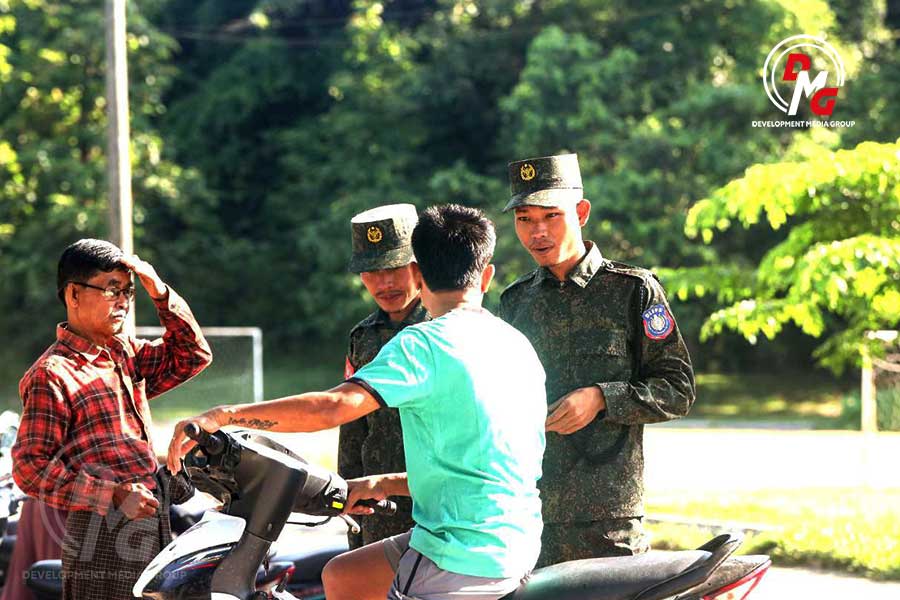
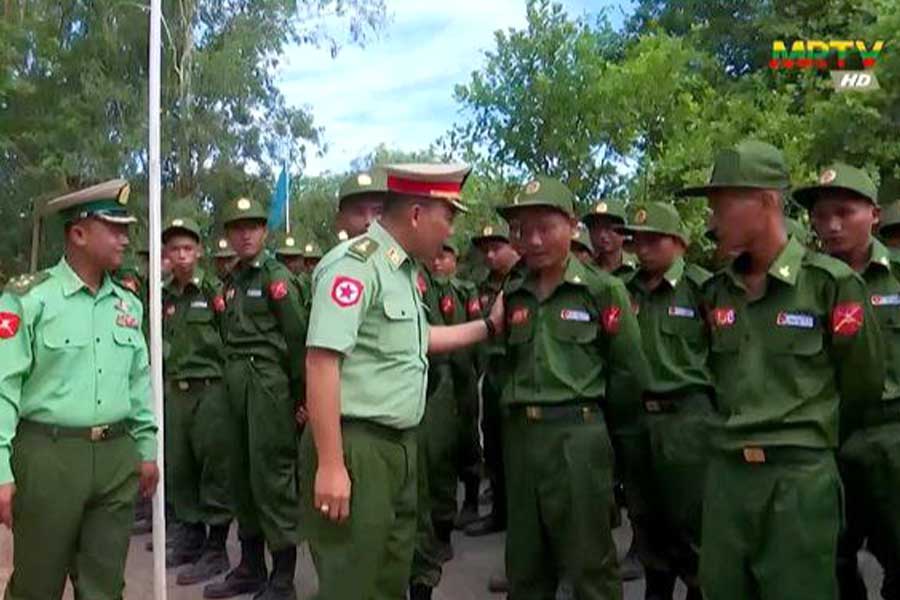
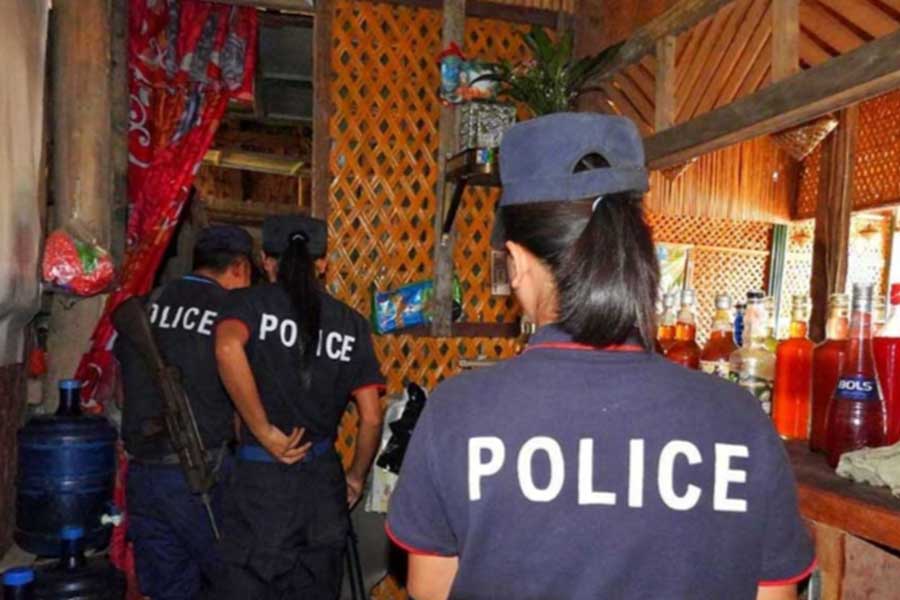
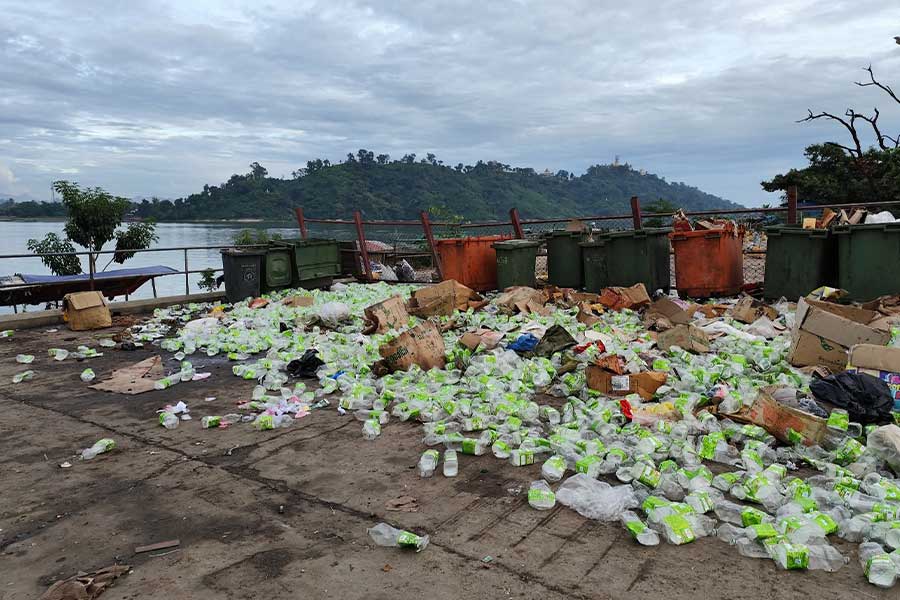
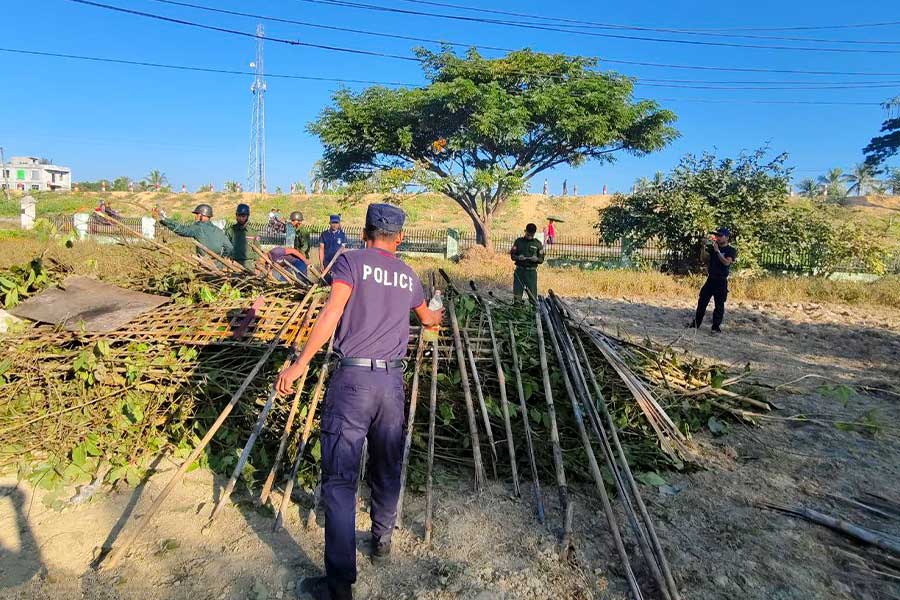






.jpg)

